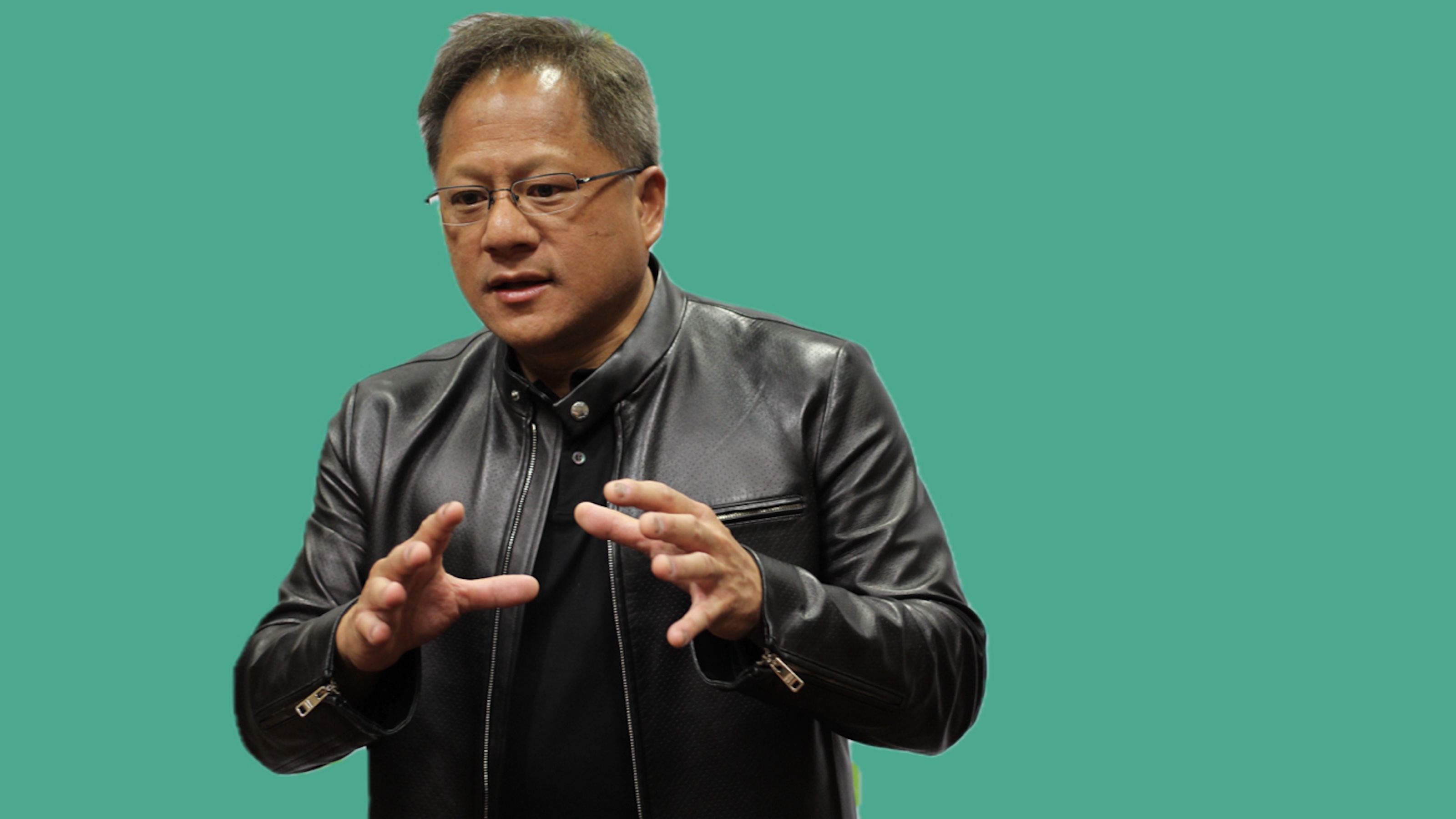Dr. Q shares his incredible and improbable journey from Baja, Mexico to his time as a migrant worker to his work today as a neurosurgeon and neuroscientist.
Question: Where are you from?
Alfredo Quinones-Hinojosa: I am from a small village outside of Mexicali, Baja, California, which is the peninsula down south with our bordering country, Mexico.
Question: Did you think you would be a doctor when you were growing up?
Alfredo Quinones-Hinojosa: When I was growing up, not in a million years did I ever think that one day I was going to be here, sitting at this wonderful institution, right now sitting in this beautiful room at Johns Hopkins Bayview Hospital, doing what I do, which is brain surgery; a combination of brain surgery and science. So not an indication as I was growing up, because I didn't grow up with role models, I didn't grow up with people who are physicians.
Also now that I look back in my life-- I tell you, you always try to look back and try to understand yourself a little bit better-- it turns out that my grandmother, my fraternal grandmother, was a town healer. She was also the midwife for all the people that actually grew up with no access to modern health care. So she was already a healthcare provider in the old ways, as we were growing up in Mexico. So as I look back, that had a very positive influence in my life.
Question: Why did you decide to come to the U.S.?
Alfredo Quinones-Hinojosa: Iit was very simple. When I first came to the United States all I was looking for was a just a better way, better opportunities, just to put literally food on our tables. At the time the country, Mexico, was going through a very difficult time. The bifurcation of classes between the rich and the poor was getting exacerbated; the middle-class will disappear, and we happened to be at the lower portions of the middle-class and we really went down to the-- and our bifurcation of classes got accentuated, so we really dipped down towards the people who really had a difficult time even putting food on our tables.
So that was really-- it was a simple decision. When you deal with hunger, when things are not as clear as they are for other people, and you have dreams and you have that passion for exploration, that passion to make it better for you and your family, which I had as I was growing up, nothing was ever going to stop me.
Question: What were your first jobs in the U.S.?
Alfredo Quinones-Hinojosa: I came in literally as a migrant farm worker. The only thing that my family knew what to do, as I was growing up, and what I feel, is that our people came from humble backgrounds and they came to work in the United States as migrant farm workers. When I first came, and the first jobs that I did were literally pulling weeds, with these very same hands that now bridge the gap between the operating room and the laboratory.
And what we did at the time, and what I did, just like many migrant farm workers, I literally pulled weeds, picked tomatoes, picked the corn, went out and worked in the fields as a migrant farm worker. This was a wonderful experience, I tell you, and wonderful in many ways, because what it did is just taught me the value of hard work, the value of working as a team. And what we used to do back in the times, we used to work on these big machines that were picking tomatoes and we were picking tomatoes. We used to work in the fields, moving together as a team. But I also learned that life can be difficult, that people can actually treat you differently just because of the stigma that comes along with being poor and uneducated and working as a migrant farm worker.
And I remember my very early experiences as a migrant farm worker where people wouldn't even give me the time of the day, where they would look at me as if I almost didn't exist. And that really hurt my feelings and I-- not so much because they were treating me like that but because many times my fellow colleagues, my fellow human beings, which in my opinion many of them were proudest more than I was, were treated the same way. So that really began to invigorate and began to give me the passion, and the vision, to one day leave the fields and move on from working in the fields as a migrant farm worker to now working in the fields as a physician/scientist.
Recorded on: July 2, 2008





